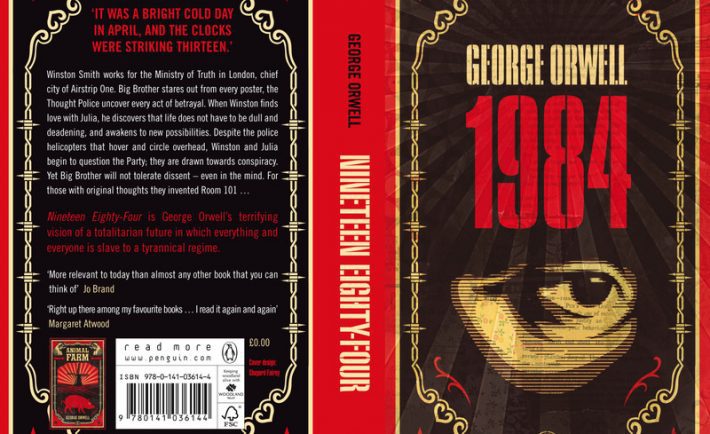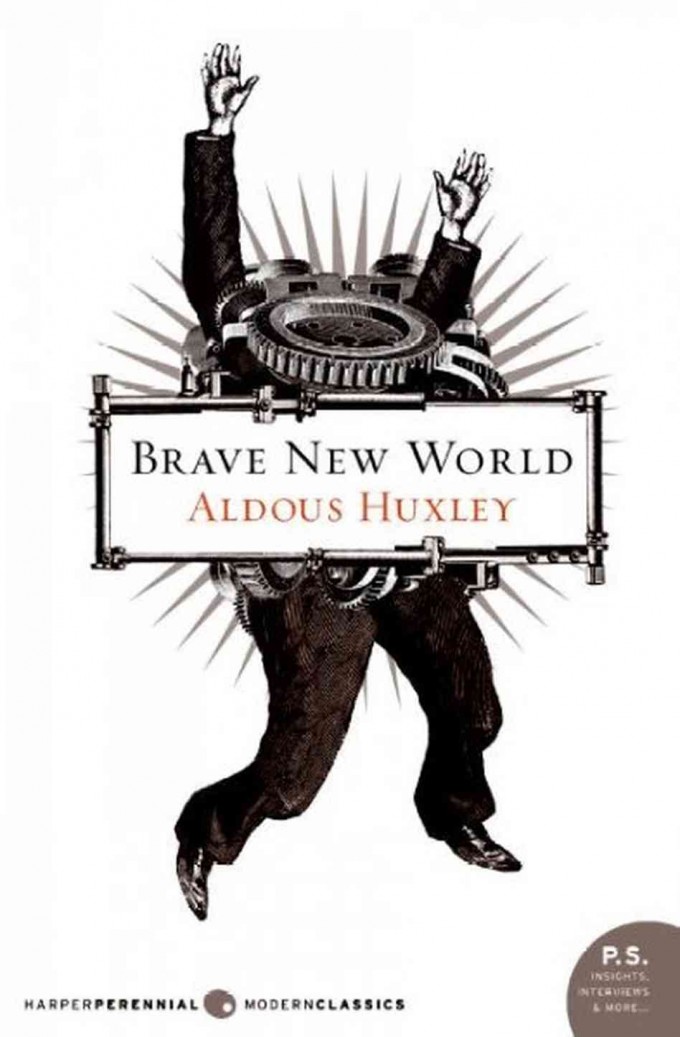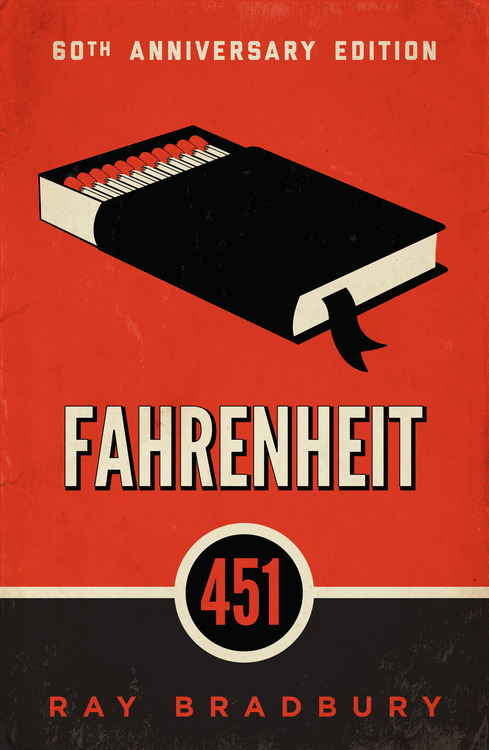
Secret surveillance. Conspiracy. Traitor. Hero. These words have been thrown about in the news recently with the focus on Edward Snowden, former contractor for the National Security Agency (NSA). Snowden is on the run to avoid arrest by the U.S. government, which has charged him under the Espionage Act with revealing classified documents. Russia is currently providing Snowden refuge while Ecuador determines whether or not to grant his request for permanent political asylum.
The documents released confirm that, for a number of years, the U.S. government has been using sophisticated techniques to conduct secret warrantless surveillance on unsuspecting citizens. Citizens have had their cell phone calls tracked, their emails read and their use of the Internet monitored. Snowden claims he believes it is important for citizens to know they are being “watched and recorded.”
Concerns that the government is secretly watching its citizens are not new. Cable and satellite channel ,TruTV, feature shows like “Conspiracy Theory.” Also, some of the most well-known books talk about “Big Brother” watching its citizens and prosecuting them for any unpatriotic thoughts or actions.
“1984” by George Orwell.
Published in 1949, “1984” is best known for its phrase “Big Brother is Watching You.” This message is constantly given to the citizens of Oceania, the fictional nation portrayed in the book. In Oceania, all citizens are constantly monitored by a telescreen and citizens who even have unpatriotic thoughts are arrested and prosecuted. In the few weeks since the Snowden story became daily news fodder, Amazon reports an amazing boom in sales for this book.
“Brave New World” by Aldous Huxley.
This book was published in 1932 about the dangerous use of technology and how its misuse by the government can have devastating consequences. Written six years before the start of WWII, when folks were still fascinated with radios and phonographs, Huxley’s imagination of the future of technology is uncanny. He couples that with the use of psychotropic drugs, like soma, to pacify the population. Reproductive technology is a major theme. Two-thirds of the females are sterilized and the rest forced to use contraception, except when there is a need for new humans to be produced.
“Fahrenheit 451” by Ray Bradbury.
The setting for Bradbury’s science fiction novel is a fictional town in the U. S. in the 21st century. It was first published in 1953. The citizens are so consumed with watching television, listening to the radio and driving fast cars they have lost interest in reading. This is fine with the government, which charges firemen with the task of burning the books in order to destroy knowledge. The result will be an unquestioning, compliant population.
Most critics claim that Bradbury wrote this book to complain about censorship, but Bradbury himself debunked that theory. In a 2007 interview, at age 87, he claimed his motivation was due to his concern that interest in television was destroying the desire to read books. He felt his prediction has come true and people rely on factoids they get from television instead of real facts.
If these books don’t make you paranoid about Big Brother watching you, nothing will. Just make sure you pay cash for them at your local bookstore.







